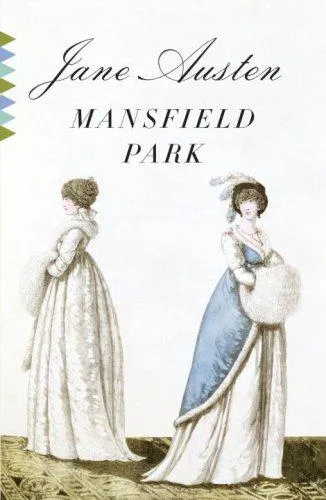Mansfield Park is the novel that featured Jane Austen's own favorite among her heroines—the modest, unassuming, but quietly determined Fanny Price. "Never did any novelist make more use of an impeccable sense of human values."—Virginia Woolf Mansfield Park encompasses not only Jane Austen’s great comedic gifts and her genius as a historian of the human animal, but her personal credo as well—her faith in a social order that combats chaos through civil grace, decency, and wit. At the novel’s center is Fanny Price, the classic “poor cousin,” brought as a child to Mansfield Park by the rich Sir Thomas Bertram and his wife as an act of charity. Over time, Fanny comes to demonstrate forcibly those virtues Austen most admired: modesty, firm principles, and a loving heart. As Fanny watches her cousins Maria and Julia cast aside their scruples in dangerous flirtations (and worse), and as she herself resolutely resists the advantages of marriage to the fascinating but morally unsteady Henry Crawford, her seeming austerity grows in appeal and makes clear to us why she was Austen’s own favorite among her heroines.
Jane Austen
Jane Austen was an English novelist born in 1775 in Hampshire, England. She is best known for her novels which explore the lives and manners of the English gentry in the early 19th century. Austen's most notable works include "Pride and Prejudice," "Sense and Sensibility," and "Emma." Her writing style is characterized by wit, social commentary, and keen observation of human nature. Austen's works have had a lasting impact on the literary genre of the novel, particularly in the development of the comedy of manners. Her most famous work, "Pride and Prejudice," is considered a classic of English literature and continues to be widely read and studied today. Austen's contributions to literature include her insightful portrayal of characters and relationships, her exploration of the role of women in society, and her enduring appeal to readers of all ages.

